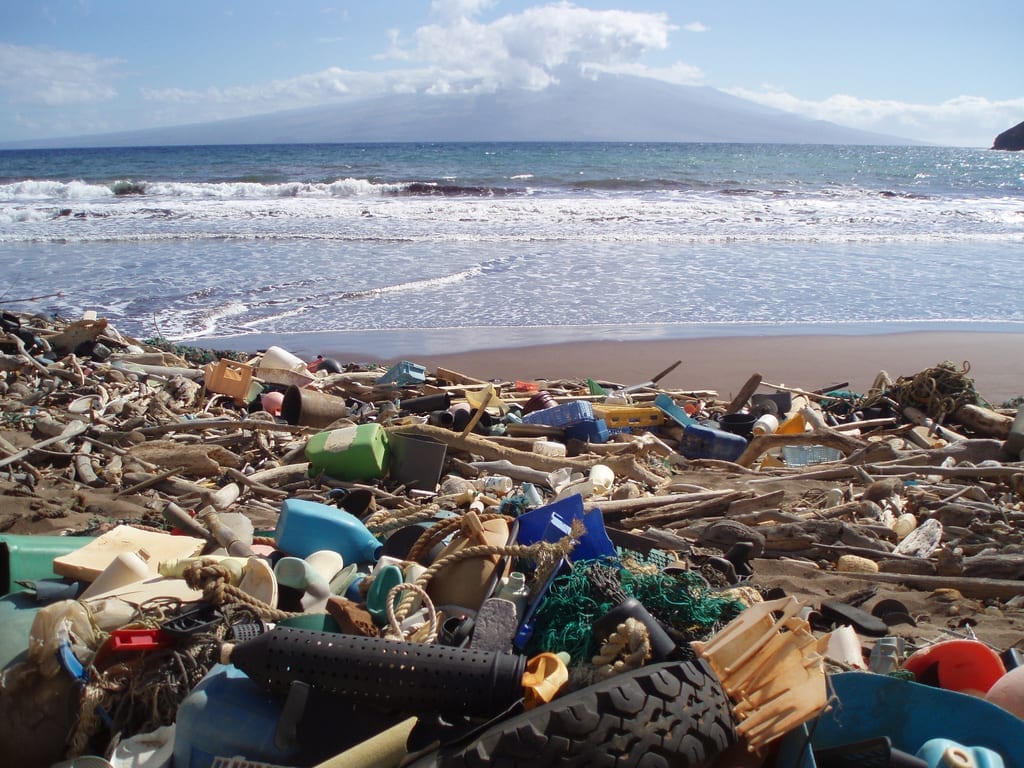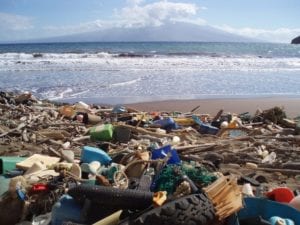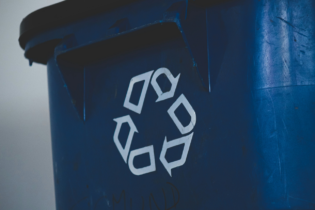
A new report says that there could be more plastic than fish in the ocean by 2050. Picture: Supplied
Significant takeaways from the ‘Action Plan on Marine Litter’ were that there is an urgent need for action to prevent and reduce marine litter in order to preserve human health and marine and coastal ecosystems.
“We stress the direct relationship between the challenge of marine litter, environment, human health, economic development, social well-being, biodiversity and food security,” the G20 said in its action plan.
Susan Ruffo, managing director of International Initiatives at Ocean Conservancy, emphasised the importance of all citizens sharing the responsibility of tackling marine litter as we all live in an increasingly interconnected world where these problems affect us all.
Action plan
At the conference, the G20 acknowledged that there is a lack of effective solid waste management, wastewater treatment and storm water systems, and unsustainable production and consumption patterns. This directly impacts rising marine litter volumes.
“Taking into account the need for comprehensive multi-stakeholder involvement, we as the G20 acknowledge the role of non-state actors and further encourage private sector engagement and the development of environmental protection solutions to reduce marine litter,” the organisation said.
It added that there were challenges posed by knowledge gaps and said a lack of certainty in scientific evidence can no longer be accepted as an excuse for non-action.
Following its plan to prevent and substantially reduce marine litter and its impacts by 2025 in support of the 2030 Agenda for Sustainable Development and its Sustainable Development Goals, the G20 said there is a need to do the following:
- address pollution from land based sources,
- address pollution from sea based sources, including key waste items from the fishing and aquaculture industry as well as from the shipping sector,
- address financial resources for cost-effectiveness analyses as well as measures for marine litter prevention or reduction,
- put in place effective actions to facilitate the implementation of the polluter pays approach; and ‘extended producer responsibility’ or deposit schemes which are already in place in some G20 countries,
- address education and outreach, and
- address additional research requirements.
Action plan welcomed
Ruffo said the Ocean Conservancy welcomes the launch of the new action plan on marine litter by the nations and economies of the G20.
“It not only recognises the direct relationships between marine litter and core concerns like human health, economic development and food security, but it also lays out a path for addressing these challenges through key actions such as improving solid waste management systems,” she said.
“Research shows that an estimated 8 million tonnes of plastic flows into the ocean every year — most of it from trash that is either never collected or leaks out after collection,” she added. “Improving waste management systems will not only improve the lives of coastal communities, it will also make a significant impact in reducing the amount of plastic flowing into the ocean.”
She concluded by saying that ocean litter is a crisis that requires us all to work together to find the best solutions from the grassroots up to governments, businesses and individuals. “Together, we can get to trash free seas,” she said.







